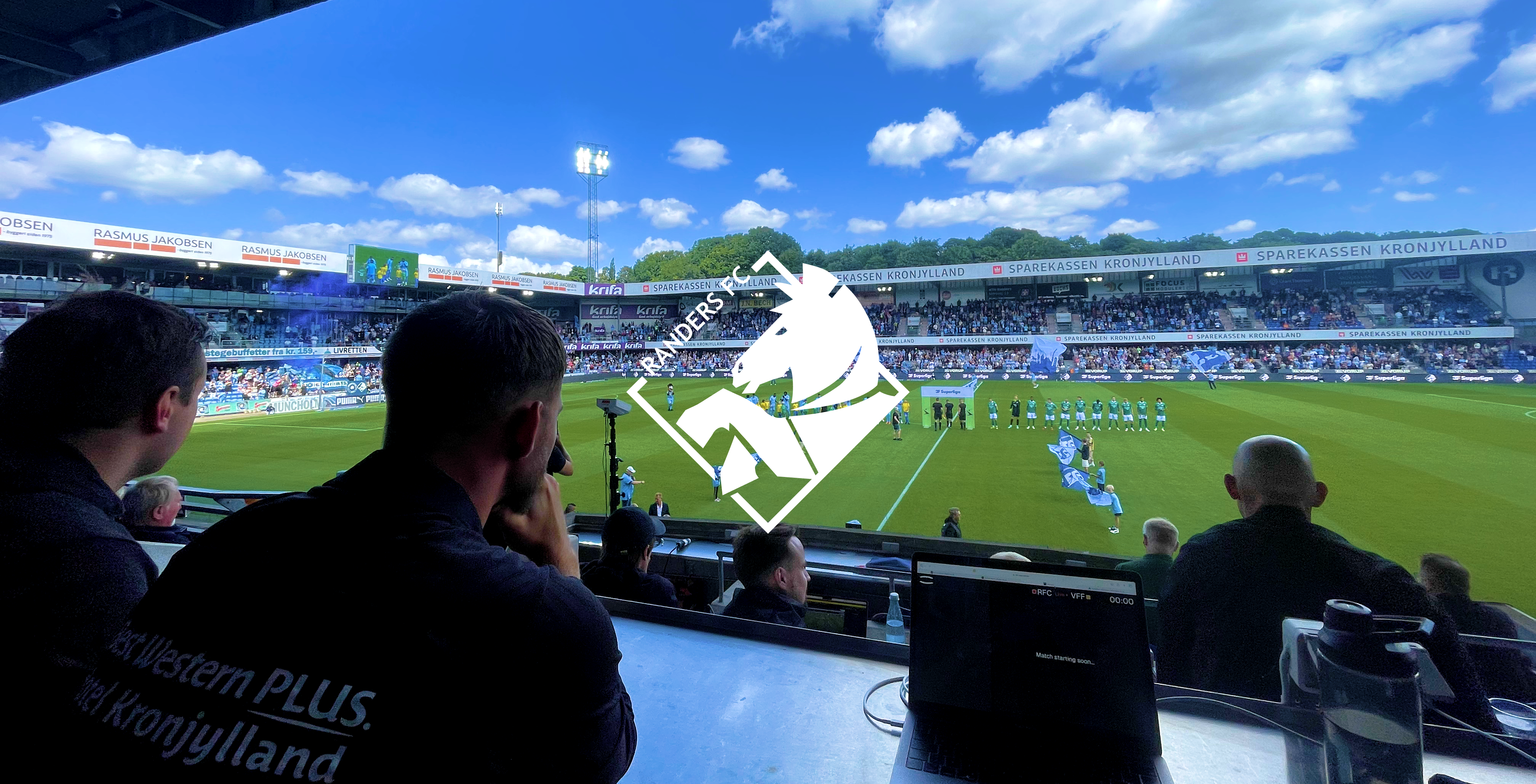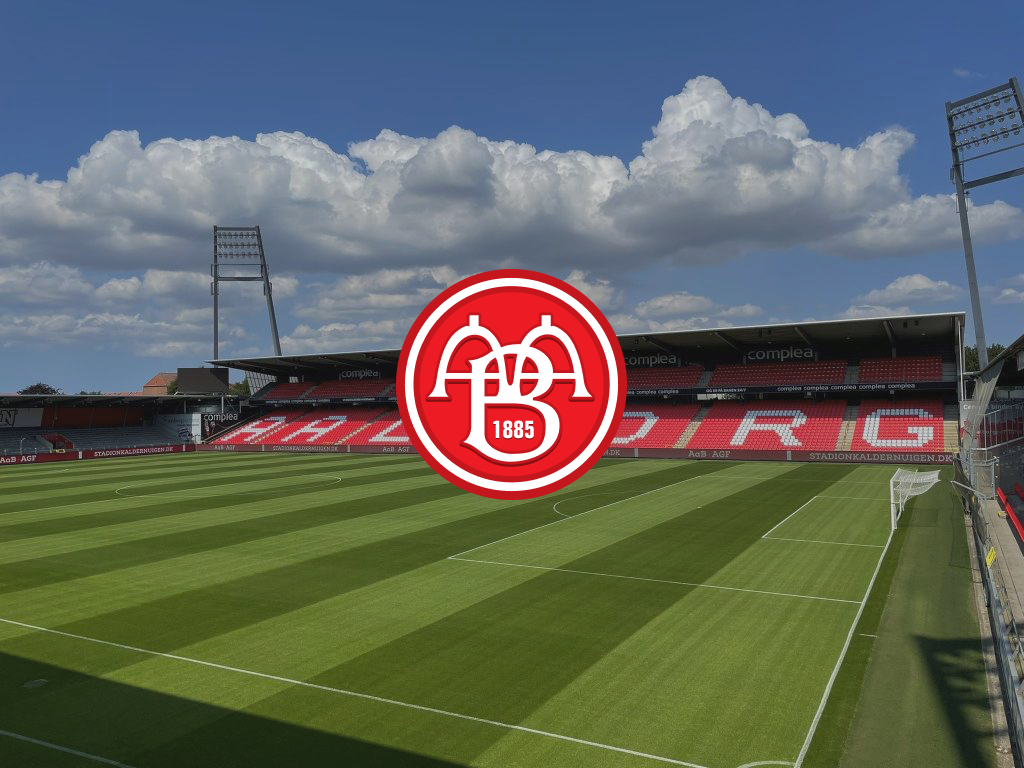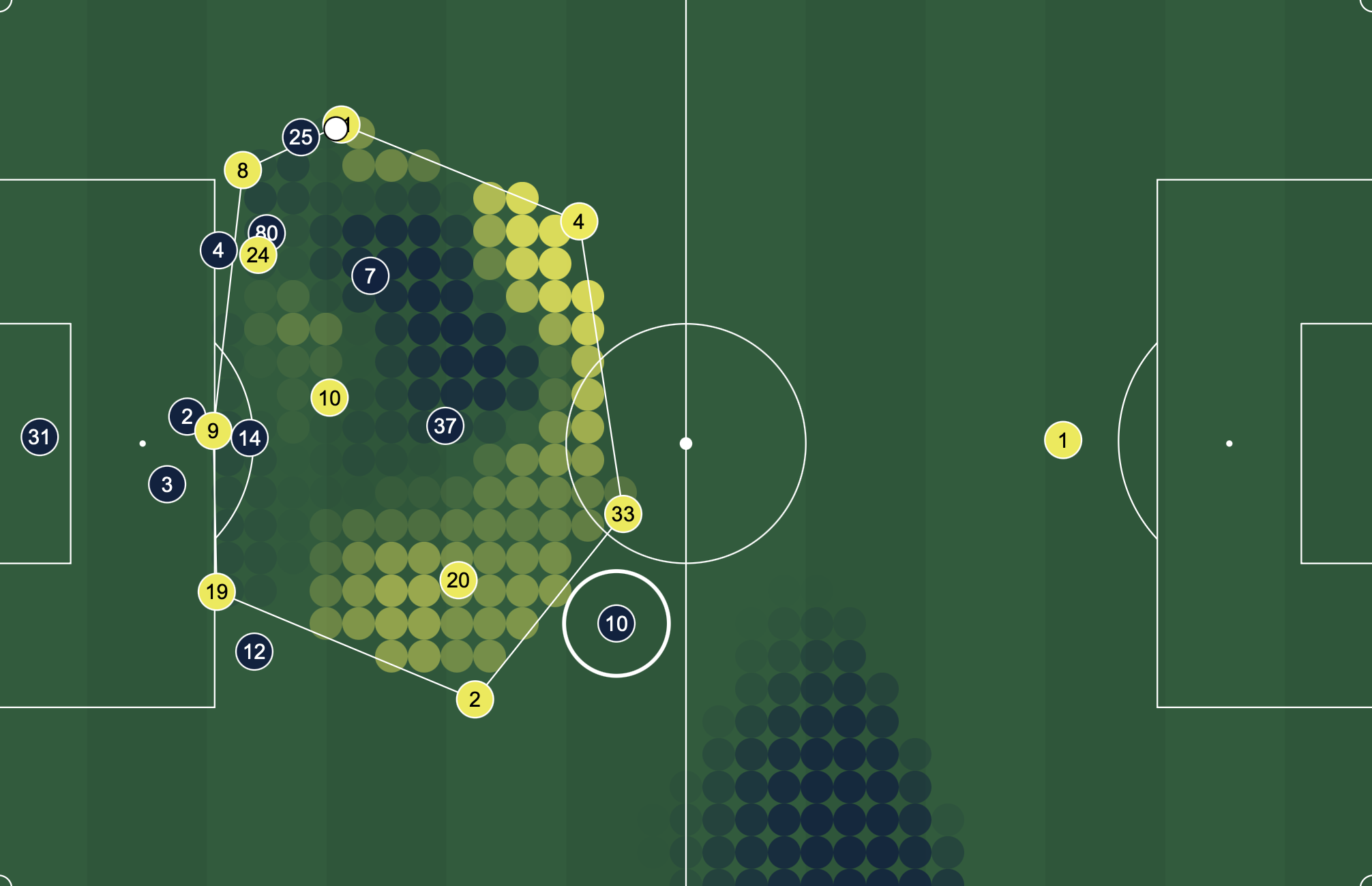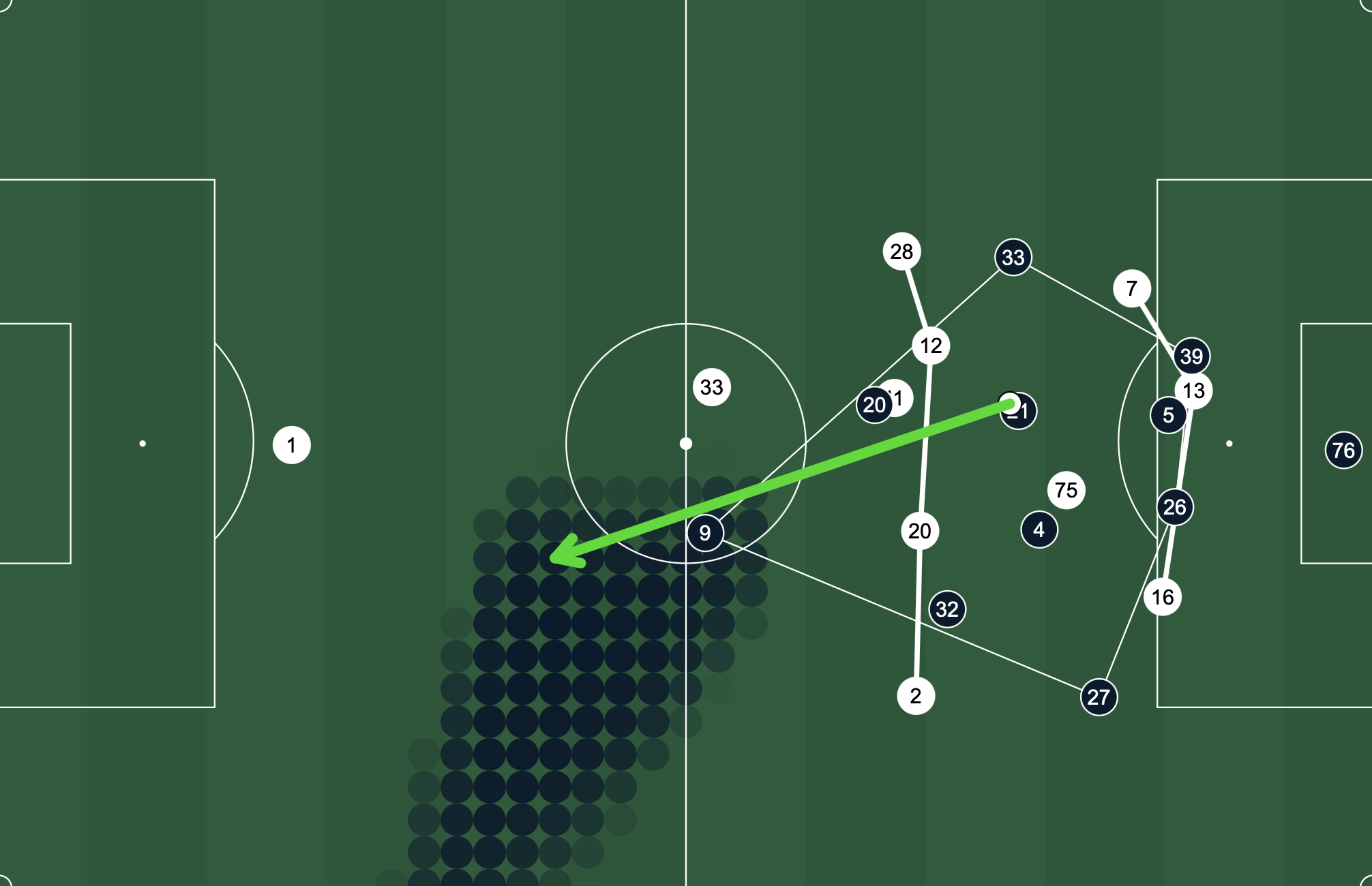· Success Story · 3 min read
How Randers FC Builds Identity Through Data
At Randers FC, "Danish champions in rest defense" isn't just a slogan – it's a data-driven reality reshaping their defensive culture and delivering results on the pitch.

Football clubs often emphasize having a unique identity — a distinctive style of play that sets them apart. At Randers FC, this identity is being forged in an unexpected way: through the analysis of live tracking data.
“We’re the Danish champions of rest defence,” proclaims Nikolaj Meier, analyst at Randers FC. It’s a bold statement, but one supported by analyses from Alai. This mantra, repeated weekly at the club, isn’t rooted in tradition or luck. Instead, it stems from meticulous analysis of tracking data, which consistently shows Randers leading the league in defensive control while in possession.
Turning Numbers into Culture
The path to this point highlights a common challenge in modern football. “We had excellent data on player positions on the field, which is vital for numerical analysis,” Meier explains. “However, it wasn’t being utilized. People recognized its potential but didn’t know how to turn it into actionable insights.”
— Nikolaj Meier, Analyst, Randers FCTrend analysis has become almost ingrained in the club’s culture. We consistently score the highest in rest defence, so it’s a weekly mantra that we’re the ‘Danish champions’ in this area.

The transformation of raw data into a defined team identity has given Randers a sharp focus on their defensive strategy. “Alai has provided valuable insights that help the head coach shape our team’s identity,” says Meier. “We excel at protecting ourselves while in possession, ensuring we’re prepared for transitions.”
Putting Identity to the Test
The real test of any tactical identity lies in how it holds up during challenging match situations. This season, Randers faced such a test at Parken against FC Copenhagen. Despite leading 1-0, they were reduced to 10 players just 30 minutes into the game. This scenario required flawless defensive organization and carefully executed counterattacks to maintain their advantage.
“We needed to defend and rely on counterattacks,” Meier recalls. “At one point, we identified who posed the biggest threat against the opponent, but they didn’t receive the ball. This became a learning situation.”
Making Data Work in Real Time
In the fast-paced environment of live matches, theory meets practice. “Game situations have a hectic workflow,” Meier notes. “Being able to send 2-3 comments to the bench about what’s happening in real-time can be crucial. We act on this information, turning words into action.”
Working Smart with Available Resources
As a club operating with more modest resources than some of their competitors, Randers has learned to maximize their analytical capabilities. “We have an extra analyst working with the tool during matches,” Meier explains. “It would be great to have someone processing the information in depth live.”
This practical approach is evident in how they utilize the Alai tool. “The tool is easy and intuitive to use, which is crucial during live situations,” says Meier. “I can quickly filter to focus on specific details, such as our team’s or the opponent’s rest defence. It allows me to view time-stamped events, watch 20-second video clips of those moments, and even adjust team colour settings — all of which are vital for making decisions in real-time.
Looking Ahead
For now, Randers FC demonstrate that creating a strong team identity doesn’t always require the largest budget — sometimes, it’s about smart analysis and effective communication. Their journey highlights how modern analytics can influence not just tactics, but also the overall culture of a football club.
Want to strengthen your club’s defensive identity like Randers FC?
- Randers FC
- Superliga
- Rest Defence


